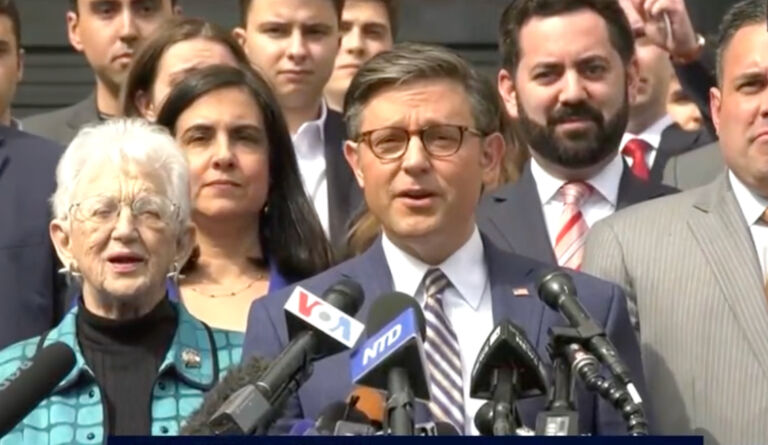Last week, Professor Alan Blinder, a dyed-in-the-wool Keynesian who often writes for the Wall Street Journal, offered his thoughts on the big debate over the federal government’s role in health care. Blinder’s economic writings are bad enough, but that column was pathetic. Today’s paper contains several devastating rebuttals and I copy below one written by Professor Charles Rounds of Suffolk Law School, an occasional contributor to the Pope Center. Here is his letter:
Has Prof. Blinder discovered nestled in the Constitution’s constellation of negative rights a positive enforceable derivative right to affordable health care? It would seem that he thinks so. He writes: Our “country was founded on the idea that the rights to life, liberty and the pursuit of happiness are inalienable. Access to affordable health care is surely essential to two of these three rights, maybe to all three.”
If someone has an enforceable right to something, someone else must have an enforceable duty to provide it. “Rights are nice, but someone has to the pay the bills.” His words. Who might that someone be? Congress in the exercise of its powers to tax and appropriate? The citizenry through the purchase of private health insurance? How is this newly discovered positive right to be enforced in the real world? By equitable specific performance orders issuing from some federal court? Not likely.
There is an ancient inconvenient principle that remains firmly embedded to this day in the Anglo-American legal tradition, namely that equity does nothing in vain. In other words, it will not issue decrees which it cannot be certain to enforce. Bottom line: There is no constitutional positive right to affordable health care.
Charles E. Rounds Jr.
Professor of law
Suffolk University Law School


